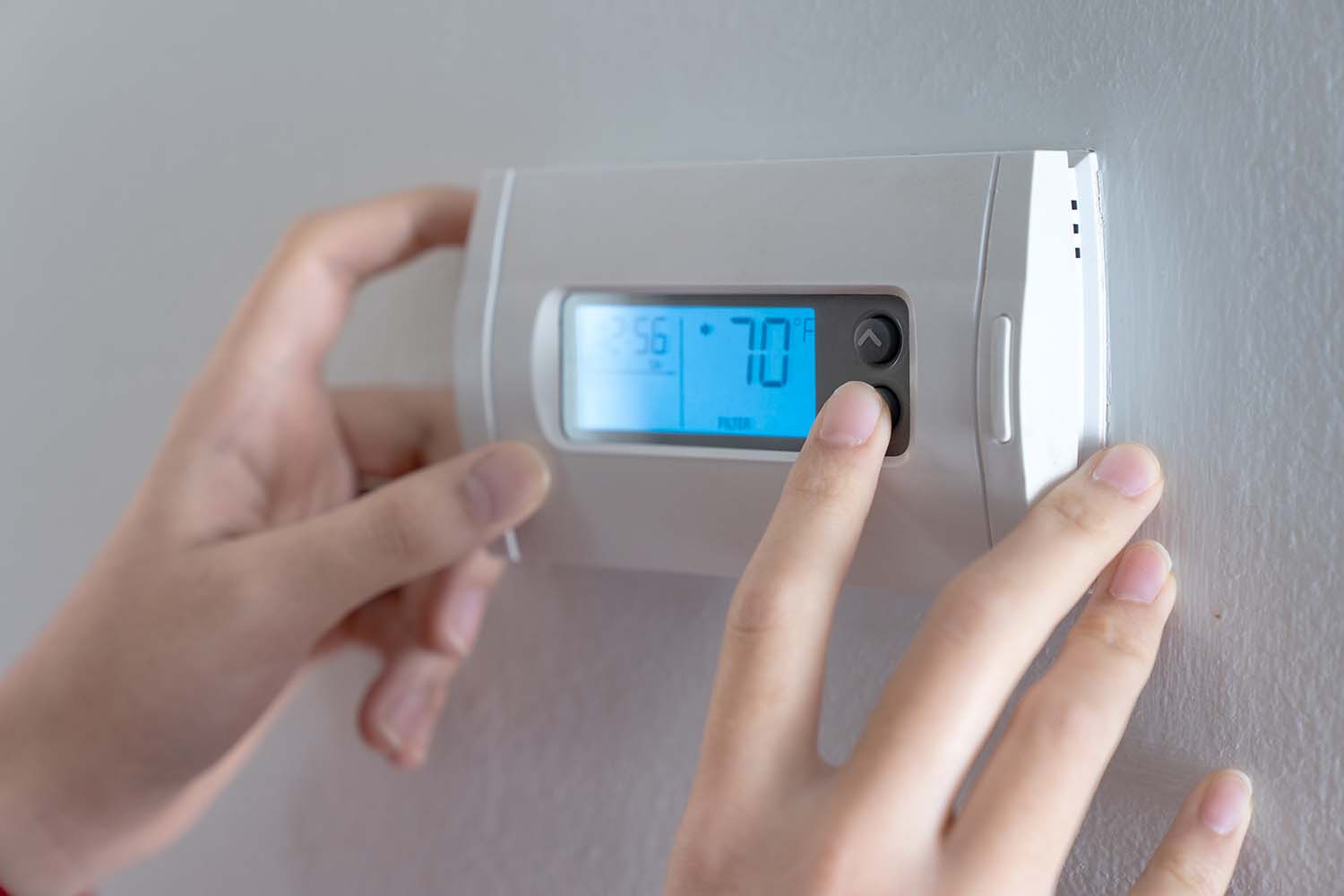How to Select a New Residential HVAC System

Similar to selecting a new cooling tower for a large commercial application, choosing a residential HVAC option is an important decision for homeowners and shouldn’t be taken lightly. With the multitude of options and manufacturers on the market currently, making a decision might seem overwhelming. The team at Cooling Tower Expert knows this challenge well, and in addition to our cooling tower services, we also guide homeowners looking to upgrade their HVAC systems. The first step in deciding is to clearly understand the available system types to determine which will work best for your home.i
Common Residential HVAC System Types
Most HVAC systems designed for residential applications can be grouped into four main types – split systems, hybrid systems, ductless systems, and packaged heating and air systems. Each carries its own advantages and disadvantages.
Split Heating & Cooling Systems
By far, split systems are the most common residential HVAC option for homeowners. As its name suggests, this system is split between two units – a heater and an AC unit. The AC is generally stored outside the home and cools air through the use of refrigerants, coils, and compressors. These units are also equipped with a fan to blow out hot air.
Unlike the AC, the heater for these systems is generally located inside, either in a basement or a dedicated closet/storage area. Both the AC and heater circulate cool or hot air (respectively) via a duct system that travels throughout the building. Homeowners use a thermostat to control the temperature. With modern smart thermostats, this can often now be controlled via a phone or other portable device.
Split systems offer the flexibility of choosing two different units based on need rather than selecting one packaged unit. SEER ratings for split systems have improved over the years as well. The Seasonal Energy Efficiency Ratio (SEER) refers to how efficient a unit is. The more efficient, the less electricity that is required to run properly.
Packaged Heating & Air Systems
Rather than split heating and cooling needs into two units (one heating and one AC), a packaged system combines efforts with a single unit. These can be installed inside or outside a home or on the roof, making them ideal for applications where space is limited. Packaged systems are usually pretty efficient and easy to maintain. Some also carry the option of adding extra filtration or humidification tools.
Hybrid Systems
Similar to a split system, hybrid systems are becoming increasingly popular. Rather than contain an AC and a furnace, hybrid systems contain a furnace and a heat pump. Depending on how cold it is outside, the system will either “pump” heat from outside the home in or will heat the home via the furnace. It sounds complicated, but on the user end of things, it is a simple system to manage. Homeowners simply set the ideal temperature – the system does the rest! Hybrid systems tend to be more expensive than other system types but offer excellent efficiency and energy savings.
Ductless Systems
Traditional HVAC systems use a series of ducts to circulate hot or cold air throughout a home. With a ductless system, homes have a compressor unit outside and a heat pump (or multiple) inside used for both heating and cooling. This system eliminates the need for ductwork, and the modern indoor units are fairly low profile. For homeowners who like to control the temperature in each room rather than set an overall temperature for the home, ductless units are a great option.
Considerations when Choosing a New System
So many factors go into deciding both which type of HVAC system to install as well as which manufacturers and individual units to select. A great first step is thinking about your home as it is now. What type of system is currently being used? Are there any space restrictions where units may have to be installed? What is the climate in your area? All of these factors can affect what is ultimately the best choice for your home. Then, bring in the numbers. Be sure to consider the following when selecting a system or unit(s).
- Energy Efficiency: Look for units with a SEER of 14 or higher
- Capacity: The size of your home will severly affect the required capacity of a unit to heat or cool the space. Manufacturers measure capacity in BTUs (British Thermal Units).
- Price: This one is pretty self-explanatory, but deciding your budget in advance will likely narrow down your options.
- Required Maintenance: Some systems are easier to maintain than others. Be sure to know what is required to keep your new system running efficiently before making a purchase.
- Sound: With technology advancements, heating and AC units have gotten quieter over the years. However, there are still noticeable differences between units and the noise they produce.
Cooling Tower Experts – Also Residential HVAC Experts
Our team of HVAC experts brings experience and expertise in both the commercial and residential sides of the industry. We’ve got an extensive knowledge of the products and parts on the market as well as system capabilities.
For those overwhelmed by making a decision for their home’s heating and cooling needs, consulting with a team of experts is a great option. We can provide a complete assessment of the existing HVAC system in your home along with recommendations for maintenance or replacement options if needed. If you’re looking to install a new system in your home or just discover ways to better maintain the one you have, we are here to help. Contact us today to discuss your needs.